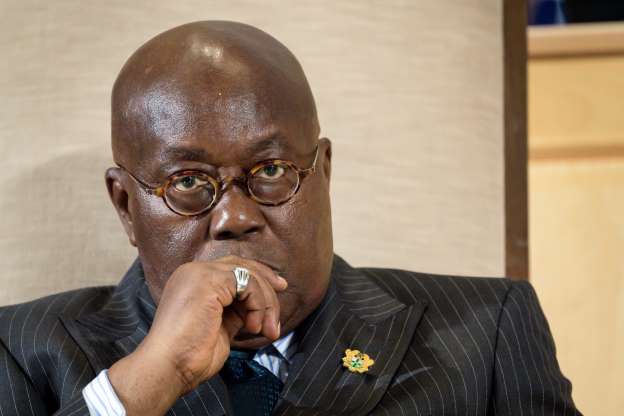President Akufo-Addo has reassured the international community of Ghana’s commitment to upholding human rights despite the recent passage of the Proper Human Sexual Rights and Ghanaian Family Values Bill, popularly known as the Anti-LGBTQ+ Bill.
Addressing concerns during a diplomatic engagement, the President emphasised that Ghana remains steadfast in its long-standing reputation for respecting human rights and adherent to the rule of law.
He clarified that the Bill is facing a legal challenge at the Supreme Court and that until a decision is arrived at, no action would be taken by his government on the private Member’s bill.
“l am aware that last week’s bi-partisan passage by Parliament of the Proper Human Sexual Rights and Ghanaian Family Values Bill, on a Private Member’s motion, has raised considerable anxieties in certain quarters of the diplomatic community and amongst some friends of Ghana that she may be turning her back on her, hitherto, enviable, longstanding record on human rights observance and attachment to the rule of law. I want to assure you that no such back-sliding will be contemplated or occasioned.”
However, President Akufo-Addo noted that the Bill has yet to reach his desk for any formal action.
He indicated that any decision he makes regarding the Bill would be contingent upon the outcome of the lawsuit filed against it in the Supreme Court.
“I think it will serve little purpose to go, at this stage, into the details of the origin of this proposed law, which is yet to reach my desk. But, suffice it to say, that I have learnt that, today, a challenge has been mounted at the Supreme Court by a concerned citizen to the constitutionality of the proposed legislation,” the President added.
This statement comes amidst both domestic and international scrutiny following the passage of the controversial legislation.
On February 28, 2024, Parliament approved a bill criminalizing LGBTQ activities and prohibiting their promotion, advocacy, and funding.
Under the legislation, individuals convicted of such acts could be sentenced to 6 months to 3 years in prison, while those promoting or sponsoring such activities could face 3 to 5 years behind bars.
The bill’s passage has sparked criticism from various stakeholders, including Virginia Evelyn Palmer, the Ambassador of the United States to Ghana.
Source: myjoyonline
